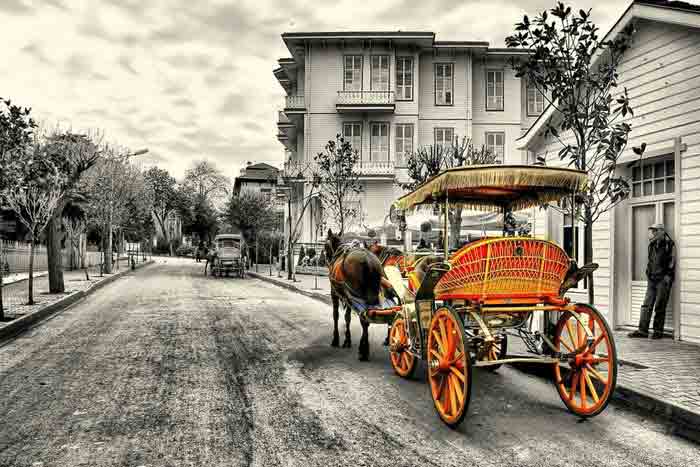Nispite of a forced march across country from their debarkation point at Gesoriacum, Constantine failed to trap the German kings south of the Rhine, as he had hoped. Crocus had been sent ahead with a considerable force of mounted auxiliaries to hold the bridgehead until Constantine could arrive with the foot soldiers, but it was a crestfallen cavalry commander who rode out to meet him, when he approached the Gallic river crossing.
“They must have had lookouts posted on the heights above the Fretum Gallicum,” Crocus reported. “When they got word that our fleet was in the channel, the main body of the enemy retreated across the river without even giving battle.”
“How long ago did they pass over?” Constantine asked.
Troops crossed
“The last of their troops crossed yesterday,” Crocus told him. “We got here in time to seize this end of the bridge, but they cut the other end before we could ride across.” He pointed to where a ribbon of logs had spanned the current of the Rhine to form a pontoon bridge. The chains that bound the logs together had been severed and little more than half of them remained now, scattered along the banks of the river where they had washed ashore. “What about Empress Theodora and her children?”
“They are safe at Treves. I had a dispatch to that effect only a few hours ago. Shall we ride on there and have you acclaimed Augustus, as we planned?”
“That can wait,” Constantine decided. “Our first task is to capture the two rulers who broke their vows to my father and take them with us to Treves in chains.”
“Where do we start?” By now Crocus too had come to expect unorthodox actions from his new ruler.
“Put five hundred men across in boats and have them scour the countryside for five or ten miles up and down the river bank and the same distance inland,” Constantine directed. “We don’t want the enemy to know were building another bridge.”
To no one’s surprise, except the Germans, who were caught unawares, the whole affair went exactly as Constantine planned. With every man of the large force working and using dry logs from the woodyards that supplied the city with fuel, plus those which had washed ashore along the river bank for several miles downstream, they were able to fashion a new bridge, larger and stronger than the old, in about two days. The morning after its completion, Constantine and Crocus led the mounted troops across at dawn, followed by the foot soldiers under Dacius.
Read More about Germanic revolt






